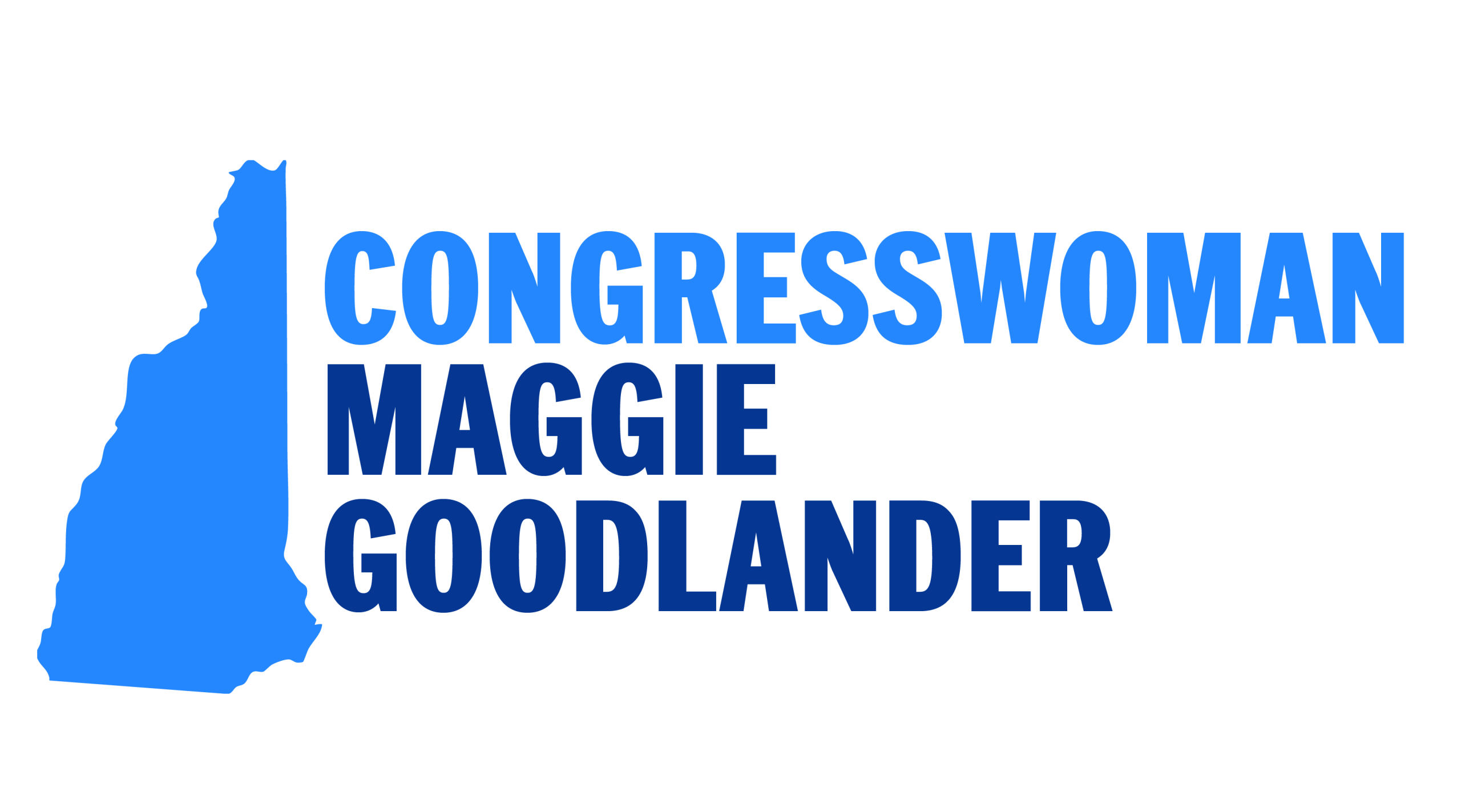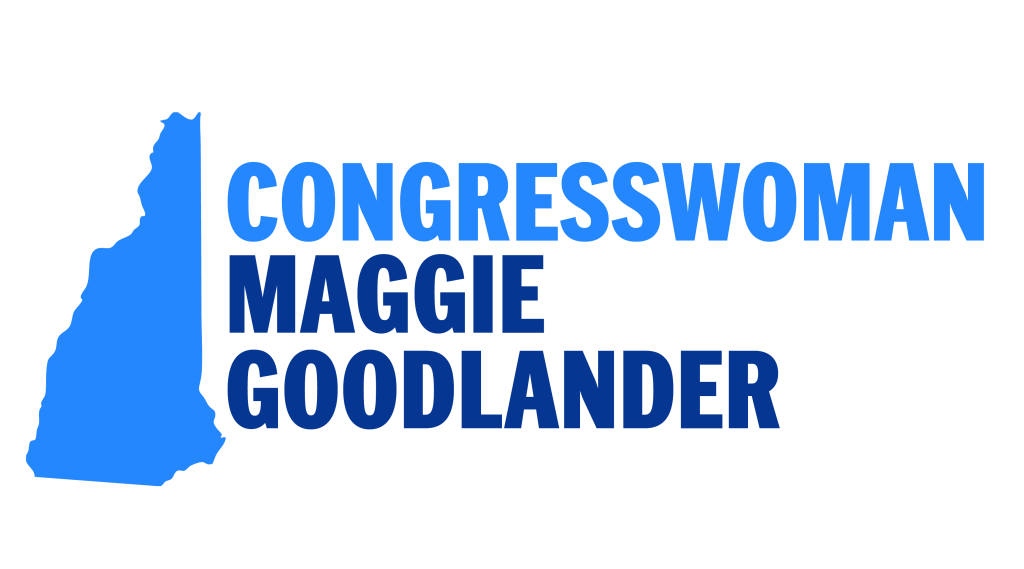Washington, D.C. – Congresswoman Maggie Goodlander helped introduce the Holocaust Expropriated Art Recovery (HEAR) Act Improvements of 2025, bipartisan legislation to help Holocaust survivors and their families reclaim artwork stolen by the Nazis. The bill removes the upcoming 2026 expiration date from the original HEAR Act, passed in 2016, and makes key updates to ensure that survivors’ claims are heard fairly in court.
Congresswoman Goodlander joined Congresswoman Laurel Lee (FL-15), Scott Fitzgerald (WI-05), Jerrod Nadler (NY-10), and Jamie Raskin (MD-08) in introducing this bill. Senator John Cornyn (R-TX) is leading the companion legislation in the Senate.
“I truly believe we are what we remember – and that includes the artwork and artifacts that we keep,” said Congresswoman Goodlander. “Reclaiming Jewish artwork that was stolen by the Nazis during the Holocaust is key to preserving the rich Jewish identity and culture that Nazis so brutally attempted to eradicate. We must never forget the atrocities of the Holocaust, and this bipartisan legislation asserts our responsibility to restore justice for families and to remove barriers for survivors to recover what was wrongfully taken from them.”
“Extending the HEAR Act represents an important step in the ongoing challenge of helping families recover art and cultural objects stolen under the National Socialist regime,” said Dr. Dana Smith, a Keene-based researcher focused on Nazi Germany. “The restitution of such pieces to the survivors or heirs of Holocaust victims acknowledges the persecution they faced during the Third Reich and addresses lingering historical injustices. As such, the return of stolen art serves as a significant component of the post-genocide reconciliation process.”
“The Nazis murdered more than 6 million Jews, including 1.5 million children under the age of 12. Looting art and other possessions from Jewish families was an essential part of Hitler’s concerted plan to annihilate the Jewish people. To allow museums here and in Europe, and foreign governments to keep Nazi looted art perpetuates the crimes of the Nazi regime, and demeans the memory of six million Jewish souls. We applaud Congress for making sure that families can recover their treasured legacies, and that the true history of the Nazis’ brutal campaign of murder and theft cannot be erased or trivialized by the scoundrels who refuse to return looted art,” said David Schaecter, Holocaust survivor and President of the Holocaust Survivors Foundation USA.
“This legislation renews and strengthens the HEAR Act, which is set to expire, by closing critical loopholes and addressing key oversights. It reaffirms our commitment to ensuring that rightful owners of Nazi-looted art—and their families—receive the restitution they are owed. Any museum that knowingly retains stolen works is complicit in perpetuating the injustice inflicted on Holocaust victims. We have both a moral and legal obligation to correct these wrongs and to ensure the crimes of the Holocaust are neither forgiven nor forgotten,” said Joel Greenberg, President of Art Ashes.
“We strongly support this legislation. Each artwork or object taken during the Holocaust is more than property – it holds the memory of a life, a family, a community culture. Restituting these items is not simply about returning possessions; it is about restoring history, identity, and a measure of justice to those who lost everything,” said Gideon Taylor, President of World Jewish Restitution Organization (WJRO).
Background: The original HEAR Act was passed in 2016 to provide families with a fair opportunity to recover art looted by the Nazis during World War II. It created a six-year window for legal claims, starting from the time a family discovers where their stolen art is located. The law was meant to ensure that cases are decided based on facts, not thrown out due to complicated legal deadlines. However, in recent years, some courts have dismissed these claims using time-based technical defenses, which go against the original purpose of the law.
The new bill eliminates the 2026 “sunset clause,” which would have ended the protections offered by the HEAR Act. It also makes clear that as long as a family files within six years of discovering their artwork’s location, their case cannot be dismissed simply because of how much time has passed. This change is especially important as the number of living Holocaust survivors continues to decline.
The bill also responds to a 2021 Supreme Court ruling (Federal Republic of Germany v. Philipp) that made it harder to sue foreign governments involved in looting or holding art stolen during the Holocaust. Under this legislation, families will be able to bring claims in U.S. courts as long as the foreign government or museum has ties to the United States. The bill also blocks other legal defenses that could be used to avoid facing the facts in court and allows families to sue foreign defendants if they have any significant contact with the U.S., not just in one state.
###















